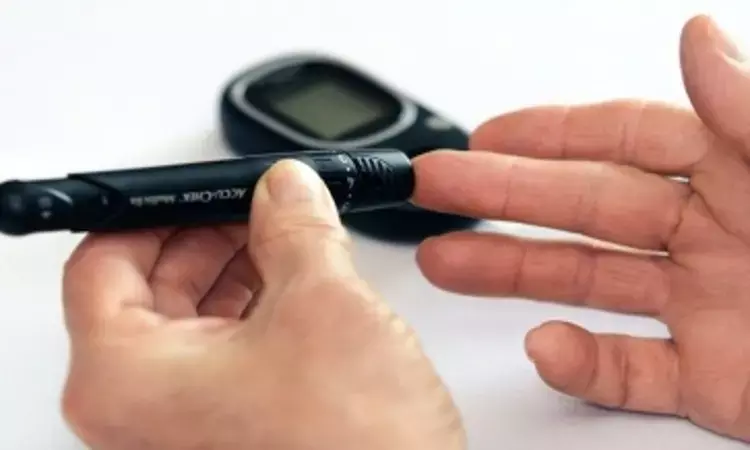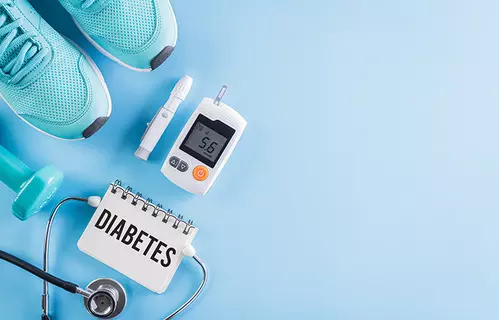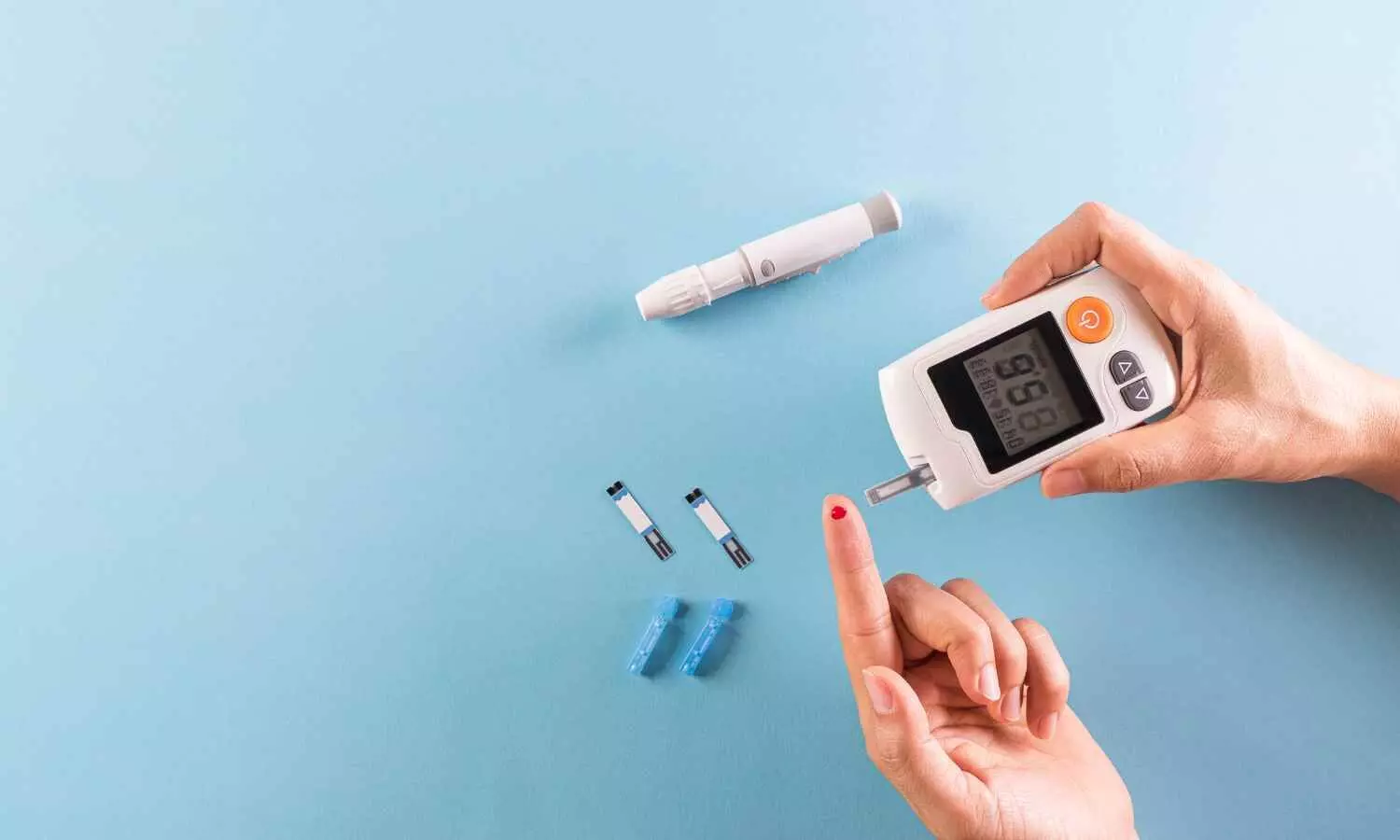- Home
- Medical news & Guidelines
- Anesthesiology
- Cardiology and CTVS
- Critical Care
- Dentistry
- Dermatology
- Diabetes and Endocrinology
- ENT
- Gastroenterology
- Medicine
- Nephrology
- Neurology
- Obstretics-Gynaecology
- Oncology
- Ophthalmology
- Orthopaedics
- Pediatrics-Neonatology
- Psychiatry
- Pulmonology
- Radiology
- Surgery
- Urology
- Laboratory Medicine
- Diet
- Nursing
- Paramedical
- Physiotherapy
- Health news
- Fact Check
- Bone Health Fact Check
- Brain Health Fact Check
- Cancer Related Fact Check
- Child Care Fact Check
- Dental and oral health fact check
- Diabetes and metabolic health fact check
- Diet and Nutrition Fact Check
- Eye and ENT Care Fact Check
- Fitness fact check
- Gut health fact check
- Heart health fact check
- Kidney health fact check
- Medical education fact check
- Men's health fact check
- Respiratory fact check
- Skin and hair care fact check
- Vaccine and Immunization fact check
- Women's health fact check
- AYUSH
- State News
- Andaman and Nicobar Islands
- Andhra Pradesh
- Arunachal Pradesh
- Assam
- Bihar
- Chandigarh
- Chattisgarh
- Dadra and Nagar Haveli
- Daman and Diu
- Delhi
- Goa
- Gujarat
- Haryana
- Himachal Pradesh
- Jammu & Kashmir
- Jharkhand
- Karnataka
- Kerala
- Ladakh
- Lakshadweep
- Madhya Pradesh
- Maharashtra
- Manipur
- Meghalaya
- Mizoram
- Nagaland
- Odisha
- Puducherry
- Punjab
- Rajasthan
- Sikkim
- Tamil Nadu
- Telangana
- Tripura
- Uttar Pradesh
- Uttrakhand
- West Bengal
- Medical Education
- Industry
Bidirectional Associations Between Chronic Diabetes Complications and Mental Health Disorders, revealed in new Study

A groundbreaking study revealed that there is a stable, constant, and bidirectional relationship between chronic diabetic complications (CDCs) and mental health disorders (MHDs) in an individual. The study highlighted the importance of their relationship and the importance of preventing comorbidity to reduce the disease risk. The study results were published in the journal Diabetes Care.
Diabetes is a global pandemic and individuals with type 1 or type 2 diabetes are at an increased risk of developing chronic diabetic complications and mental health disorders. Diabetic individuals can develop multiple complications. The development of complications can affect the mental health of the individuals. Hence, researchers from Michigan State University conducted a study to understand the bidirectional associations between the timing of chronic diabetes complications (CDCs) and mental health disorders (MHDs) in individuals with type 1 or type 2 diabetes.
Researchers used the nationally representative health care claims database to identify individuals with type 1 or type 2 diabetes and a matched cohort without diabetes. Propensity score matching was employed to quasi-randomize the cohorts and stratify the individuals by age groups like 0–19, 20–39, 40–59, and ≥60 years. ICD-9/10 codes were used to diagnose CDCs and MHDs to capture both diabetes-related complications and mental health conditions. Cox proportional hazards models were used to explore the relationship between CDCs and MHDs. The influence of one condition leading to the development of the other were determined by incorporating time-varying diagnoses of CDCs and MHDs.
Findings:
- The study analyzed data from 553,552 individuals spanning from 2001 to 2018.
- This included 44,735 individuals with type 1 diabetes, 152,187 individuals with type 2 diabetes, and 356,630 individuals without diabetes.
- A significant bidirectional association was found between CDCs and MHDs.
- Specifically, individuals who developed a CDC were at a higher risk of subsequently developing an MHD, with hazard ratios (HRs) ranging from 1.9 to 2.9 (P < 0.05).
- Old age grouped individuals had higher risk than others.
- Similarly, individuals with a pre-existing MHD had an elevated risk of developing a CDC, with HRs between 1.4 and 2.5 (P < 0.05), with the highest risk observed in the 0–19 years age group.
- Further analysis revealed differences in the likelihood of developing CDCs and MHDs between individuals with type 1 and type 2 diabetes.
- Among those under the age of 60 the study found that individuals with type 1 diabetes were more prone to developing CDCs, while individuals with type 2 diabetes had a higher likelihood of developing MHDs.
- However, the overall relationship between CDCs and MHDs did not differ by diabetes type.
- Interaction effects between CDCs and MHDs across different types of diabetes were not significant (P > 0.05).
Thus, the study determined an immense bidirectional relationship between chronic diabetes complications and mental health disorders across all age groups. Individuals who develop CDCs are at a greater risk of developing MHDs, and vice versa and hence it is important to recognize and address the interplay between physical and mental health in diabetes care and address both physical and mental health outcomes across the lifespan.
TAKE-HOME MESSAGE
- This study examined the bidirectional associations between mental health disorders and chronic diabetes complications in individuals with type 1 or type 2 diabetes by analyzing data from a nationally representative healthcare claims database.
- Using the data the authors analyzed 44,735 individuals with type 1 diabetes and 152,187 individuals with type 2 diabetes.
- Having a chronic diabetes complication increased the risk of developing a mental health disorder (HR, 1.9–2.9) and having a mental health disorder increased the risk of developing a chronic diabetes complication (HR, 1.4–2.5).
- There is a bidirectional association between mental health disorders and chronic diabetes complications in individuals with type 1 and type 2 diabetes.
Further reading: Watanabe M, Reynolds EL, Banerjee M, et al. Bidirectional Associations Between Mental Health Disorders and Chronic Diabetic Complications in Individuals With Type 1 or Type 2 Diabetes. Diabetes Care. 2024;47(9):1638-1646. doi:10.2337/dc24-0818
BDS, MDS
Dr.Niharika Harsha B (BDS,MDS) completed her BDS from Govt Dental College, Hyderabad and MDS from Dr.NTR University of health sciences(Now Kaloji Rao University). She has 4 years of private dental practice and worked for 2 years as Consultant Oral Radiologist at a Dental Imaging Centre in Hyderabad. She worked as Research Assistant and scientific writer in the development of Oral Anti cancer screening device with her seniors. She has a deep intriguing wish in writing highly engaging, captivating and informative medical content for a wider audience. She can be contacted at editorial@medicaldialogues.in.
Dr Kamal Kant Kohli-MBBS, DTCD- a chest specialist with more than 30 years of practice and a flair for writing clinical articles, Dr Kamal Kant Kohli joined Medical Dialogues as a Chief Editor of Medical News. Besides writing articles, as an editor, he proofreads and verifies all the medical content published on Medical Dialogues including those coming from journals, studies,medical conferences,guidelines etc. Email: drkohli@medicaldialogues.in. Contact no. 011-43720751




